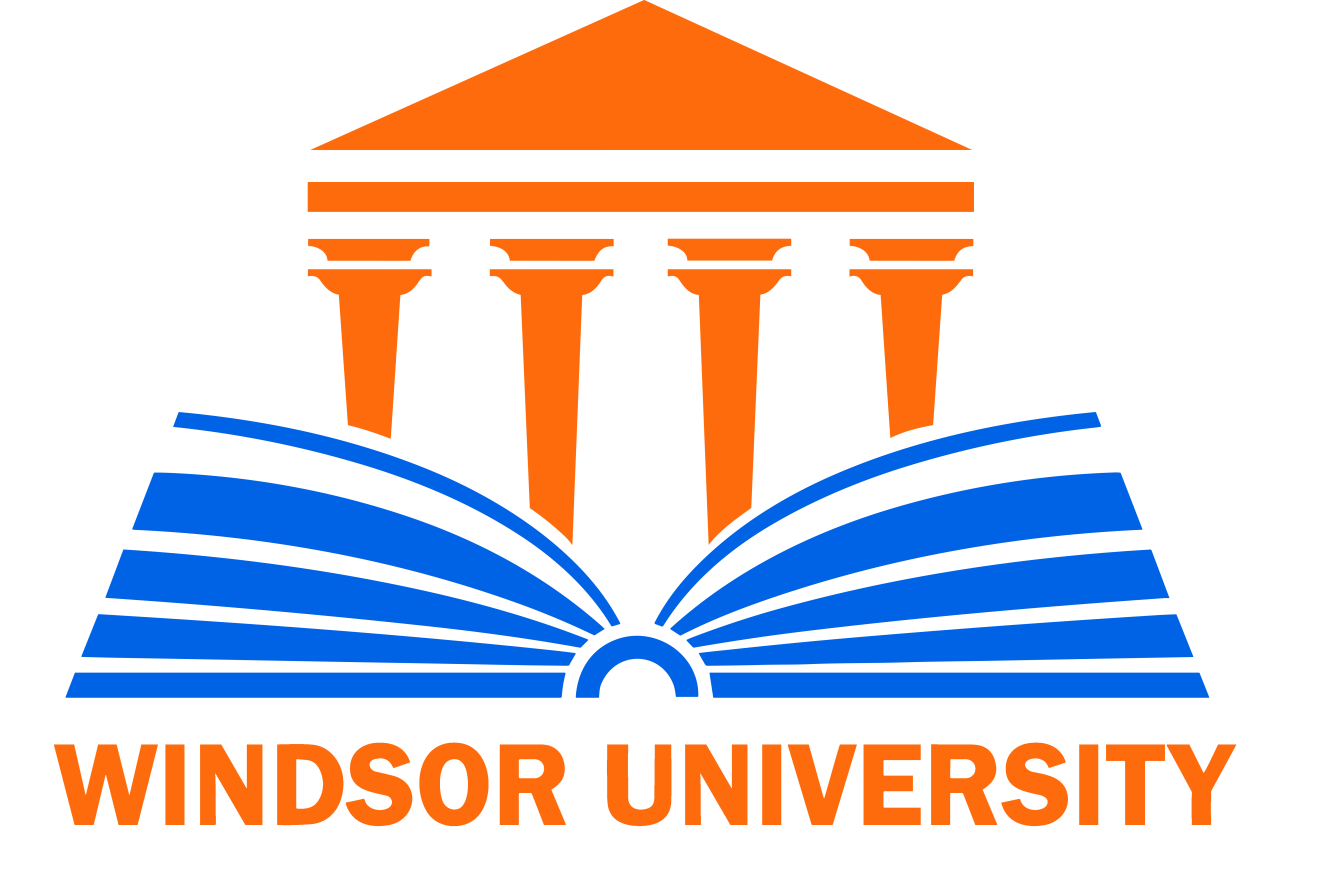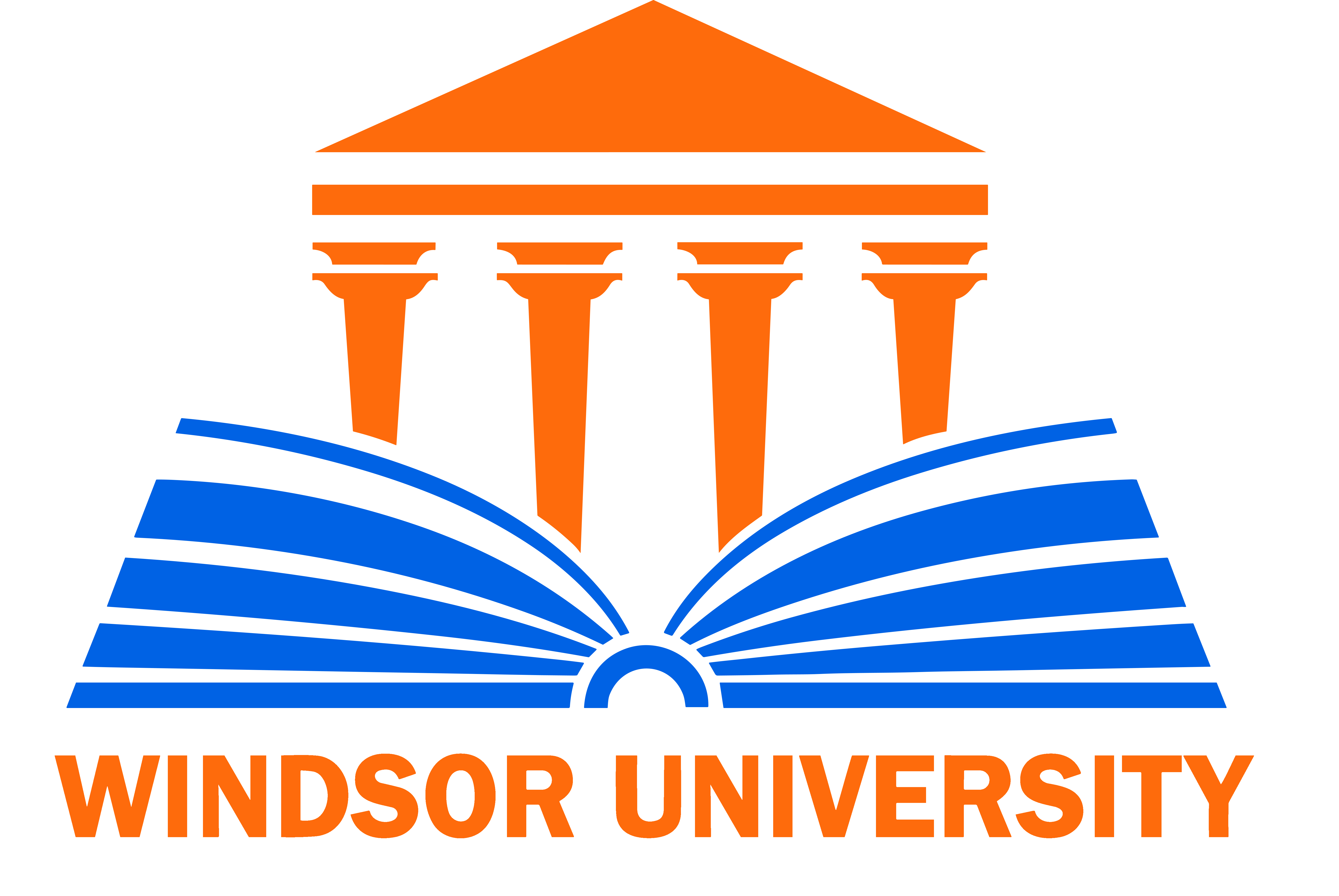Program Learning Outcomes
Effective leadership and innovation are paramount in today’s rapidly evolving global economy. The Master of Business Administration (MBA) program at Windsor University is meticulously designed to equip students with the comprehensive knowledge, theories, and practical skills demanded by the corporate world. Through engaging coursework, interactive discussions, and hands-on projects, students deepen their understanding and application of critical business concepts while preparing for leadership roles in diverse industries.

Key Learning Outcomes
- Master Leadership and Management Concepts: Students differentiate critical sociological, psychological, and organizational theories, empowering them to lead and manage effectively in dynamic environments.
- Strategic Organizational Planning: Students acquire the knowledge and skills needed to plan, structure, and monitor organizations for sustainable growth.
- Enhance Productivity and Client Satisfaction: Distinguished methods for improving productivity, responsiveness, quality, and client satisfaction are a core focus of the program.
- Comprehensive Business Knowledge:
Students develop a deep understanding of operational areas, including their functions, processes, and interrelationships within an organization. - Cross-Cultural Competence: The program fosters cross-cultural awareness, enabling students to navigate and appraise today’s global economy with confidence.
- Innovative Problem-Solving: Creativity and strategic thinking are emphasized to empower students to formulate solutions for positive organizational change.
- Ethics and Legal Acumen: Students explore the significance of legal and ethical behavior in organizations, cultivating integrity and accountability in business practices.
For additional resources and practice materials for the Duolingo English Test, visit our Duolingo Resources page.
Program Learning Outcomes
Effective leadership and innovation are paramount in today’s rapidly evolving global economy. The Master of Business Administration (MBA) program at Windsor University is meticulously designed to equip students with the comprehensive knowledge, theories, and practical skills demanded by the corporate world. Through engaging coursework, interactive discussions, and hands-on projects, students deepen their understanding and application of critical business concepts while preparing for leadership roles in diverse industries.

Key Learning Outcomes
- Master Leadership and Management Concepts: Students differentiate critical sociological, psychological, and organizational theories, empowering them to lead and manage effectively in dynamic environments.
- Strategic Organizational Planning: Students acquire the knowledge and skills needed to plan, structure, and monitor organizations for sustainable growth.
- Enhance Productivity and Client Satisfaction: Distinguished methods for improving productivity, responsiveness, quality, and client satisfaction are a core focus of the program.
- Comprehensive Business Knowledge: Students develop a deep understanding of operational areas, including their functions, processes, and interrelationships within an organization.
- Cross-Cultural Competence: The program fosters cross-cultural awareness, enabling students to navigate and appraise today’s global economy with confidence.
- Innovative Problem-Solving: Creativity and strategic thinking are emphasized to empower students to formulate solutions for positive organizational change.
- Ethics and Legal Acumen: Students explore the significance of legal and ethical behavior in organizations, cultivating integrity and accountability in business practices.
Program Learning Outcomes

Effective leadership and innovation are paramount in today’s rapidly evolving global economy. The Master of Business Administration (MBA) program at Windsor University is meticulously designed to equip students with the comprehensive knowledge, theories, and practical skills demanded by the corporate world. Through engaging coursework, interactive discussions, and hands-on projects, students deepen their understanding and application of critical business concepts while preparing for leadership roles in diverse industries.
Key Learning Outcomes
- Master Leadership and Management Concepts: Students differentiate critical sociological, psychological, and organizational theories, empowering them to lead and manage effectively in dynamic environments.
- Strategic Organizational Planning: Students acquire the knowledge and skills needed to plan, structure, and monitor organizations for sustainable growth.
- Enhance Productivity and Client Satisfaction: Distinguished methods for improving productivity, responsiveness, quality, and client satisfaction are a core focus of the program.
- Comprehensive Business Knowledge: Students develop a deep understanding of operational areas, including their functions, processes, and interrelationships within an organization.
- Cross-Cultural Competence: The program fosters cross-cultural awareness, enabling students to navigate and appraise today’s global economy with confidence.
- Innovative Problem-Solving: Creativity and strategic thinking are emphasized to empower students to formulate solutions for positive organizational change.
- Ethics and Legal Acumen: Students explore the significance of legal and ethical behavior in organizations, cultivating integrity and accountability in business practices.




